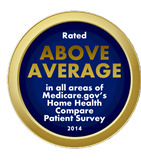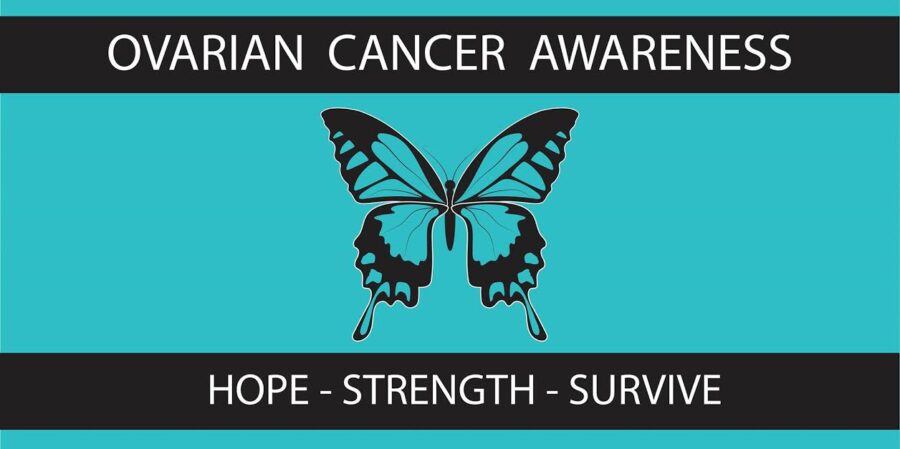Facts & Statistics
Each year, approximately 21,980 women will be diagnosed with ovarian cancer. In 2014, approximately 14,270 women will die in the United States from ovarian cancer. Many women don’t seek help until the disease has begun to spread, but if detected at its earliest stage (stage 1), the five-year survival rate is more than 93%. The symptoms of ovarian cancer are often subtle and easily confused with other ailments.
- Most new cases of ovarian cancer are diagnosed at Stage 3 or later, meaning the cancer has already begun to spread to the lymph nodes and outside of the pelvis.
- Approximately 50% of new cases of ovarian cancer are diagnosed in women over the age of 63. Women between ages of 25 to 54 account for approximately 25% of the cases.
1 in 73 women will be diagnosed with ovarian cancer during her lifetime.
Ovarian cancer ranks fifth in cancer death among women.
Signs and Symptoms
Ovarian cancer symptoms are often subtle and difficult to diagnose. Research suggests there are four symptoms that may be associated with ovarian cancer:
- Bloating
- Pelvic or Abdominal pain
- Difficulty eating or feeling full quickly
- Urinary urgency or frequency
- Nausea, indigestion, gas, constipation, diarrhea
- Extreme fatigue
- Shortness of Breath
- Backaches
Stages of Ovarian Cancer
There are four stages of ovarian cancer. Your doctor will determine your stage of ovarian cancer. Ovarian cancer is treated differently depending on which stage you are diagnosed with.
The four primary stages are:
Stage I: The cancer is completed contained within the ovary or ovaries.
Stage II: The cancer is in one or both of the ovaries and has spread to additional organs located in the pelvis such as the bladder, colon, rectum or uterus.
Stage III: The cancer is in one or both ovaries and has spread to one of both of the following: the lining of the abdomen or the lymph nodes.
Stage IV: The most advanced stage of cancer. The cancer has spread from one or both ovaries to additional organs such as the liver or lungs, or there may be cancer cells in the fluid surrounding the lungs.
Ovarian Cancer Risk Factors
Ovarian cancer does not discriminate. It can strike a woman of any race or at any age. We do know that women with certain risk factors may have a greater chance of developing ovarian cancer. These risk factors include:
- Family history of breast or ovarian cancer
- Personal history of cancer
- Women over the age of 55
- Women who were never pregnant
- Women on menopausal hormone replacement therapy
Heredity
Studies have found that women who have a mother, daughter or sister with ovarian cancer have an increased risk of developing this disease. Women with a family history of breast cancer, uterine cancer, colon cancer or rectal cancer may also have increased risk.





